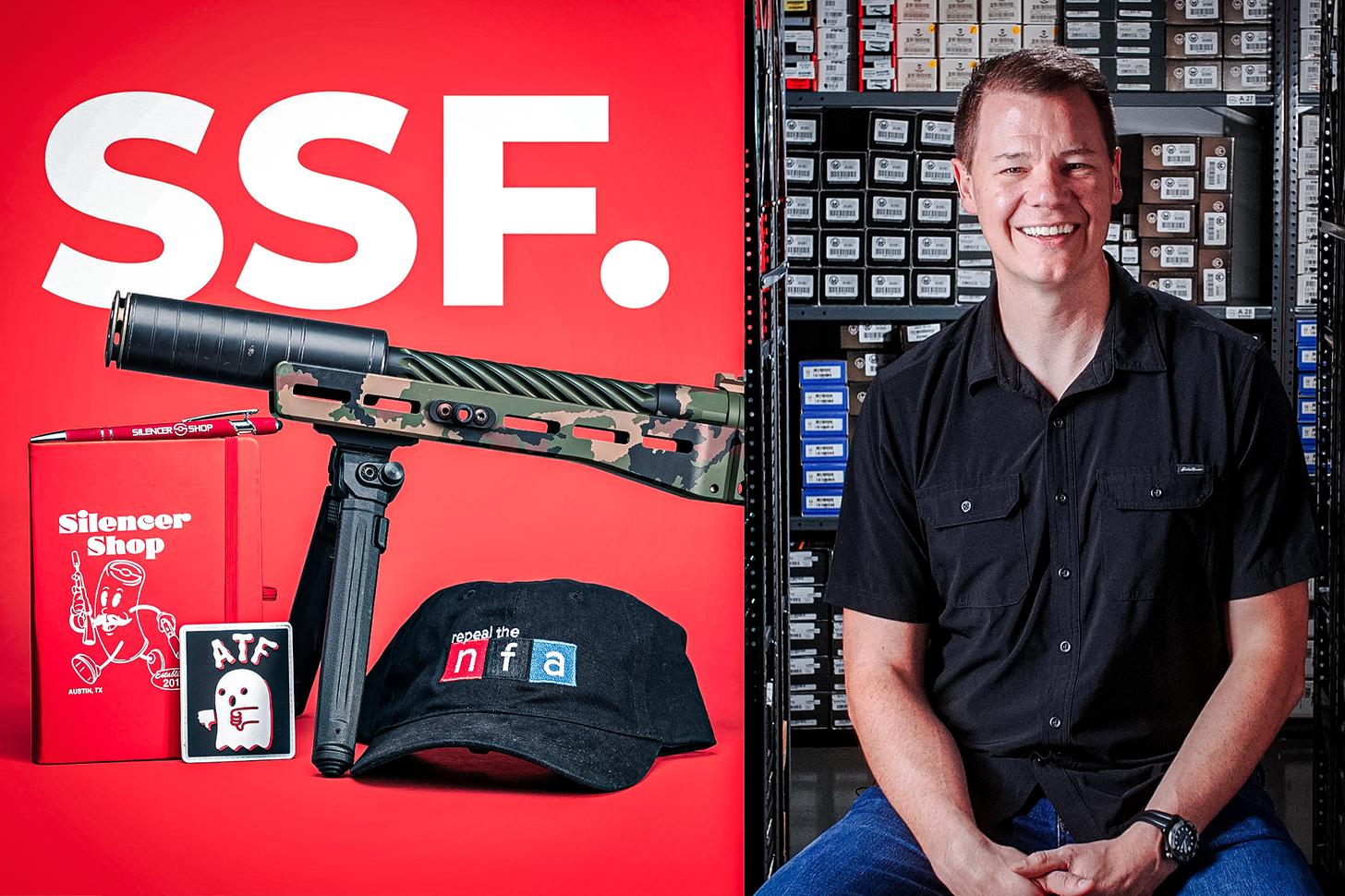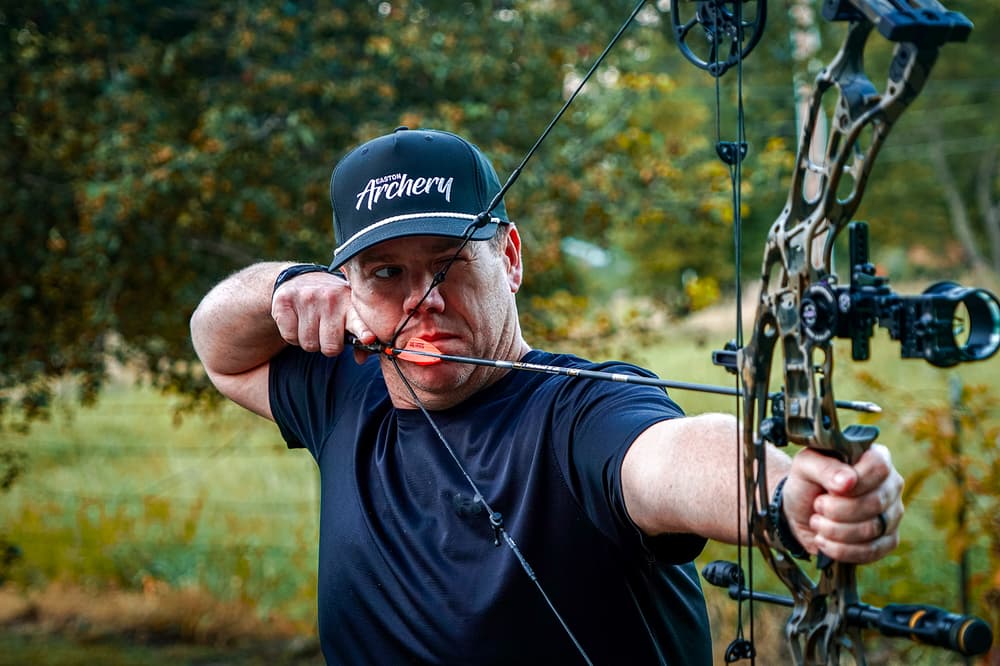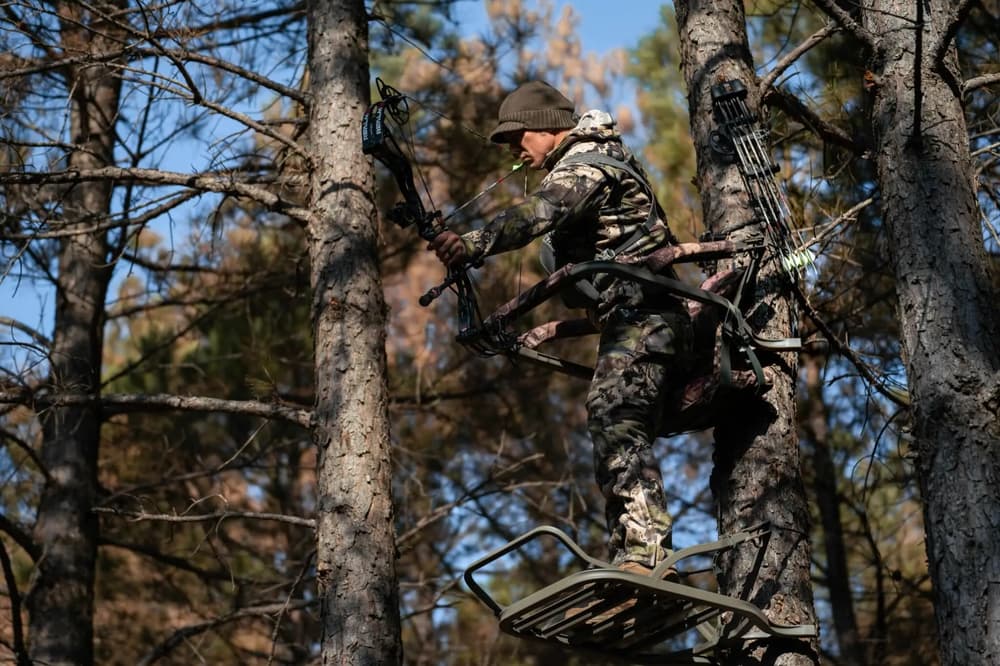This is Part 1 of our series on Silencer Shop, the Silencer Shop Foundation, and the continuing effort to abolish the National Firearms Act (NFA) via its "One Big Beautiful Lawsuit:" Silencer Shop Foundation v. ATF.
To read more important information that every gun owner should know about this issue, see Part 2 and Part 3 here:
Part 2: SSF: Deleting 90 Years of Unconstitutional NFA Regulations
Part 3: What Silencer Deregulation and End of the NFA Might Look Like
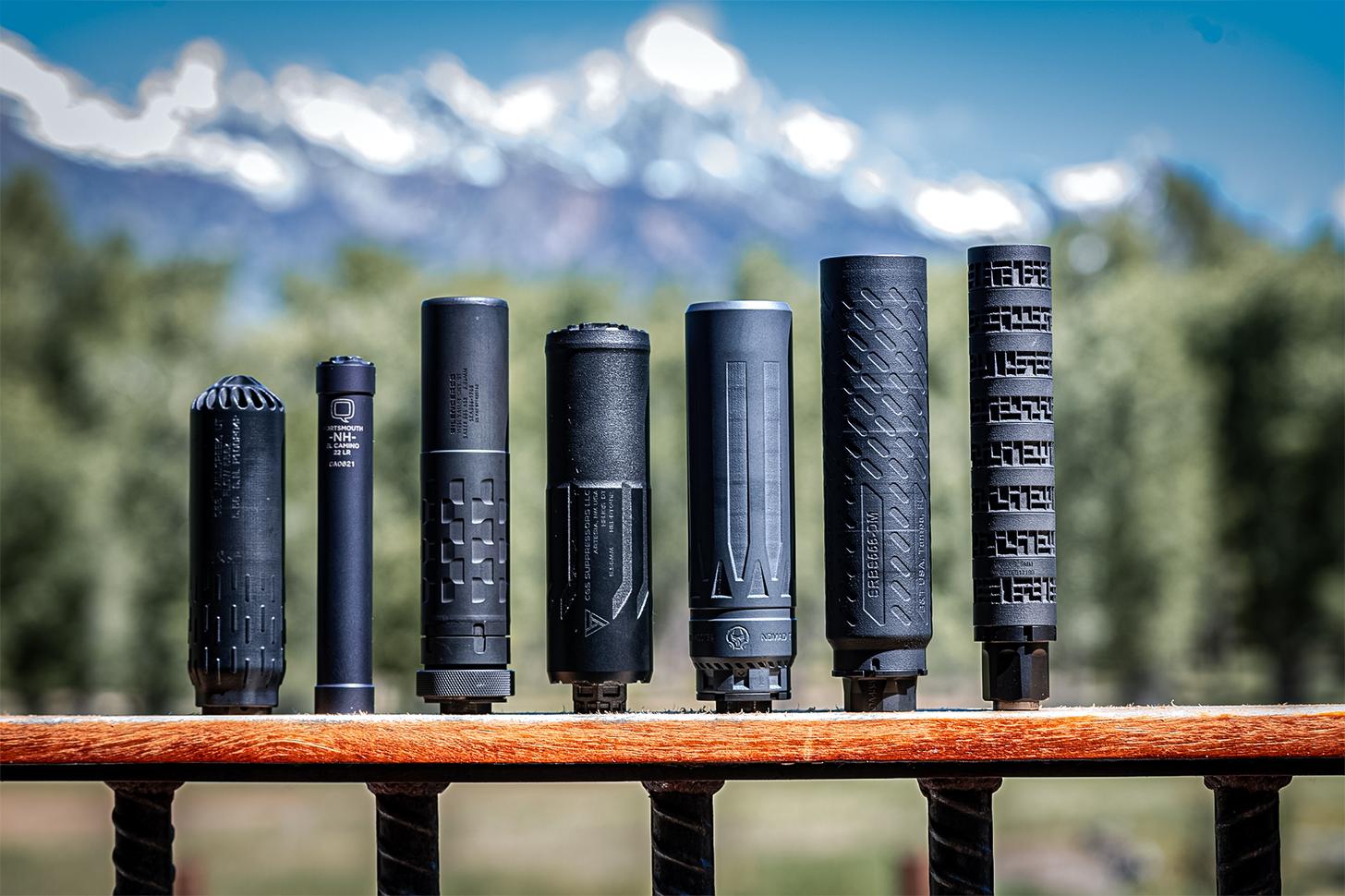
Dave Matheny wasn’t always involved in politics, nor with silencers. In fact, 15 years ago, he didn’t know much about silencers or the political controversy surrounding hearing protection devices.
As a military brat, Matheny spent his early years in rural Missouri, wandering the woods with his rifle and enjoying the outdoors like country kids do. He never paid much attention to hearing protection, as it wasn’t considered important back then.
However, everything changed when his son, who was born with complete deafness in one ear, grew old enough to hunt with him. Wanting to take the young one along to the deer blind, Dave knew that hearing protection for his one good ear was essential.
“When I took my son with me, he just wouldn’t wear the muffs,” he said in an exclusive interview with Hook & Barrel. “And to be honest, before that point, I really wasn't even aware of silencers, had never been exposed to them, just like most people.”
More than 90% of hunters don’t use hearing protection, and nearly 40% of casual shooters don’t either. Unfortunately, hearing damage is cumulative and permanent, making it essential for all hunters and shooters to find ways to reduce their risk.
At the time, silencers on hunting rifles were almost nonexistent. But during his research to find the best way to protect his son’s hearing, Matheny discovered the advantages of silencers (sometimes called suppressors or cans). Recognizing that this was his best option, he began to look into buying one. That turned out to be a very eye-opening experience.
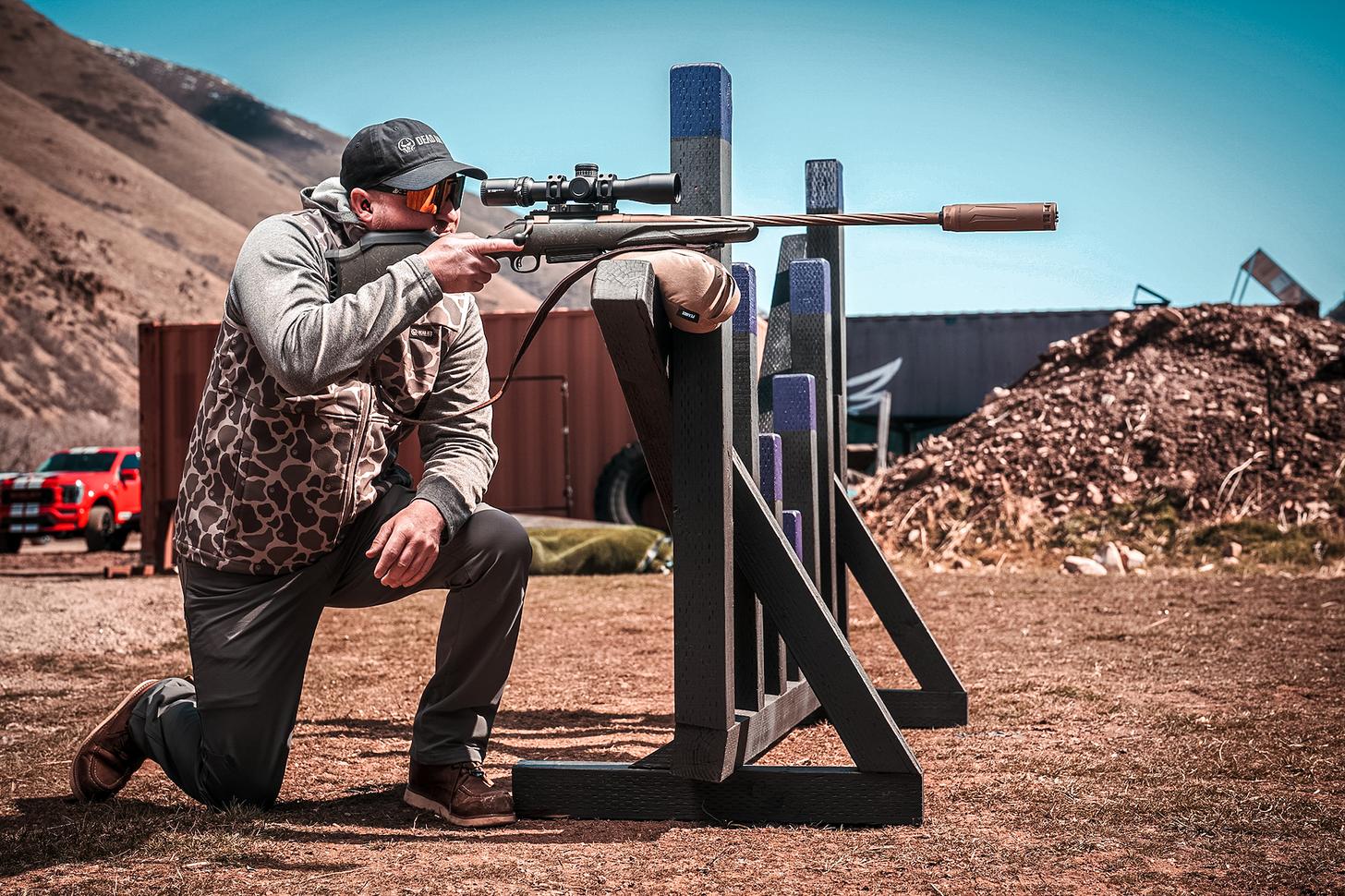
Enter The National Firearms Act (NFA)
Back in 1934, Congress passed the National Firearms Act (NFA) and included silencers among the weapons and devices regulated by the law.
Under the law, prospective buyers had to fill out extensive paperwork and submit it to the federal government for approval, which often took a very long time. Additionally, to purchase a silencer, a prospective buyer was required to pay a $200 tax to the government — no small amount at the time.
Consequently, until a couple decades ago, the only exposure most people had to silencers was through movies and television, where they are usually poorly represented. They didn't become common because they were difficult and expensive to acquire, in addition to being controversial.
Controversial firearms like the AR-15 became accepted much more quickly because, unlike silencers, as a semi-auto rifle, they are relatively easy to acquire. The silencer market and manufacturing space remained small.
Due to all the red tape, Matheny’s first attempt at buying a silencer was very frustrating. He finally figured out the process and was in line for a silencer, but while waiting for the Bureau of Alcohol, Tobacco, Firearms and Explosives' (ATF) long approval process, the dealer he was working with went out of business. As a result, he almost didn’t get the can.
Frustrated but undeterred, he made a second attempt to purchase a silencer. That didn’t end well, either.
“The second dealer wasn't helpful at all,” he said. “He wouldn't help me with the paperwork, and then I had errors, and he wouldn't help me with those. Then, they had sold me a can that wasn’t even the one I thought I was buying. So, the whole process was just a mess, both times.”
Matheny was working as a programmer at the time and enjoyed his job. He definitely wasn’t looking for a new gig, let alone seeking to start his own silencer company.
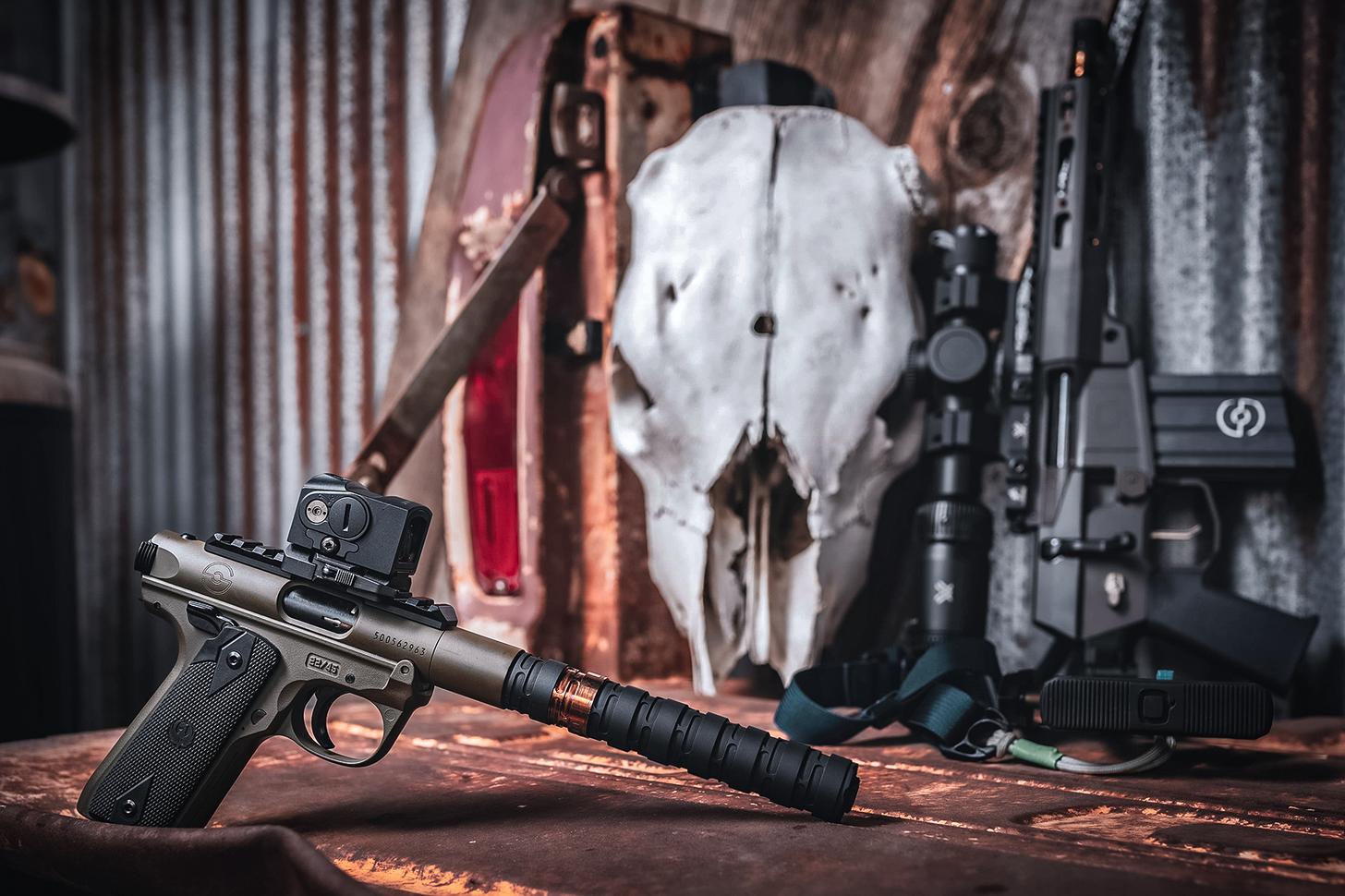
Silencer Shop Is Born and the 'Silent' Myth
Believing there had to be a better way than what he had experienced, Matheny started Silencer Shop as a “side gig” in 2010 with the goal of making the silencer purchasing process less difficult for buyers. The rest, as they say, is history.
“It just exploded right out the gate,” he said. “Within six months, I had an employee working out of my living room. About a year and a half later, I finally quit my job because I just couldn't do both anymore. We moved into our first building and, honestly, it's just kind of grown ever since.”
Now is a good time to point out that silencers are not “silent.” Additionally, they are rarely used in covert assassinations in real life like they are in movies and on TV. In fact, they’re almost never involved in criminal activities.
Along with protecting your own hearing, using a silencer is also considerate to those around you at the range, limiting their risk of hearing damage from gunfire. That’s why some countries require the use of silencers rather than strictly regulate them.
In fact, research by the notoriously anti-gun Centers for Disease Control and Prevention (CDC) even gives the nod to silencer use.
“One of the primary sources of noise generated during gunfire is the muzzle blast during firing, which generates high noise across the mid to high frequency range,” the report stated. “The only potentially effective noise control method to reduce students’ or instructors’ noise exposure from gunfire is through the use of noise suppressors that can be attached to the end of the gun barrel.”
Once in the business, Matheny quickly realized that the way silencers were being regulated under the NFA was a problem that needed to be addressed. That began a 15-year battle that is still ongoing.
Fighting the Good Silencer Fight
Over the years, Matheny and Silencer Shop have thrown their voices—and a significant amount of their money—behind various pieces of legislation designed to remove silencers from the NFA.
As recently as the spring of 2025, Congress introduced the SHUSH Act (Silencers Help Us Save Hearing) that would have removed silencer regulation under the NFA, thereby simplifying the purchasing process for silencers and cutting through unnecessary bureaucratic red tape for law-abiding citizens.
The legislation received support from several pro-Second Amendment advocacy groups, including the National Rifle Association (NRA), Gun Owners of America (GOA), the National Association for Gun Rights (NAGR), and the National Shooting Sports Foundation (NSSF).
Although the measure didn’t advance much, extensive lobbying led to House language that would remove silencers from under the NFA being included in President Donald Trump’s “One Big Beautiful Bill” in 2025.
While supporters were jubilant, that celebration was brief. The Senate parliamentarian ruled that full deregulation of silencers violated the Byrd Rule, which mandated that the bill only covers taxes. In the end, those pushing for deregulation achieved a partial victory, as the final bill signed into law by President Trump on July 4 removed the $200 tax on suppressors. However, they are still regulated under the NFA.
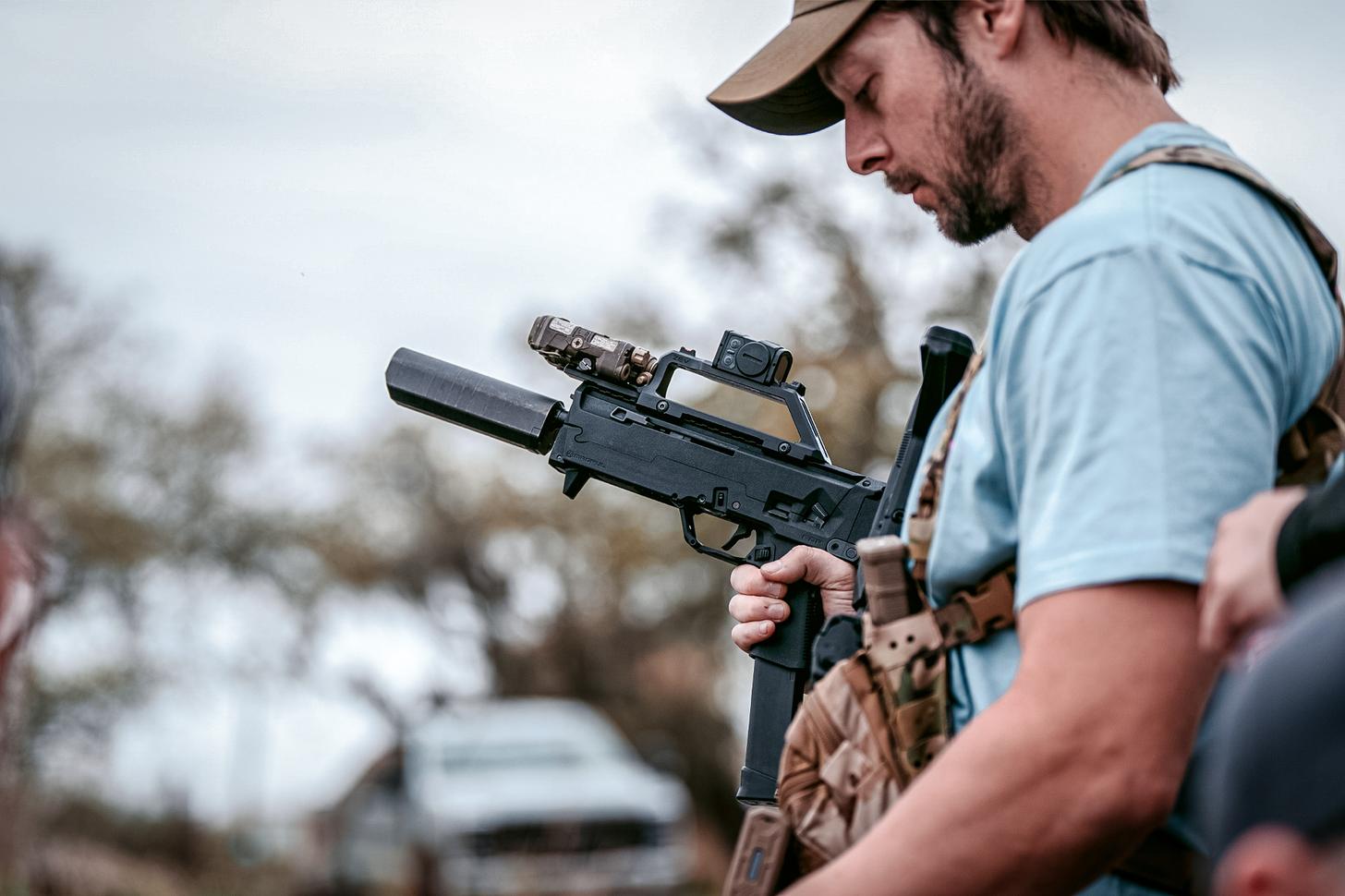
'One Big Beautiful Lawsuit' Ahead
Matheny, through the support of his newly founded Silencer Shop Foundation (more on that in the next story) and other supporters of deregulation, quickly decided to strike while the iron was hot. The result was what has been termed the “One Big Beautiful Lawsuit,” Silencer Shop Foundation v. ATF, which we delve into deeply here.
Ultimately, Matheny believes that full deregulation of silencers is coming, whether sooner or later.
“I actually think if silencers weren't regulated the way they are, there would probably be two silencers on every three guns,” he said. “I suspect there would be a lot more integrals (built into barrels). Most rifles would have them, and a lot of handguns would have them. It'd just be part of life for people.”
To learn more about the Silencer Shop Foundation and how its leaders are working to repeal the 90-year-old, unconstitutional law that regulates silencers, read the entire article series here.
